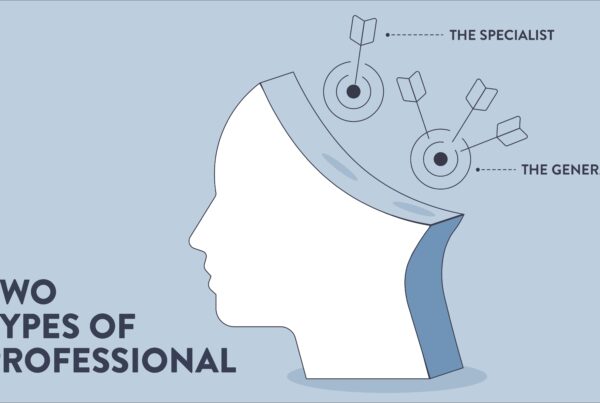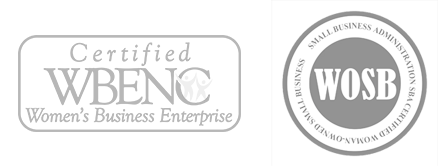Inc. magazine columnist Joseph Gulfo said it best: “Expert. This is one of the most overused words you’ll ever hear.”
At the heart of that overuse are people in my profession – marketing and PR – who need to do right by their employer, idea or client and capture marketplace awareness.
Yet, today, with pervasive access to user-generated content by people who aren’t on a corporate script and may challenge your claim, “expert” is a meaningless word until backed up by evidence.
When once-revered words are rendered meaningless due to overuse, businesses have to work smarter to show that their idea or product is trustworthy, credible and distinct from competing choices.
Proof of expertise takes far more than simply stating the word in a tagline or bio sketch. In his Inc. piece, “The Quintessential Qualities of an Expert,” Gulfo outlines four merits of experts: knowledge, experience, adaptability and judgment.
Notice that two qualities are time-based – it takes time to acquire knowledge and experience – and two are cognitive-based. In all cases, you either have them or you don’t.
If you have acquired these four qualities and are struggling to prove expertise, here are some tips and tales that might assist you and your team.
Your ability to relate to others matters. Any practiced person can offer jargon about their product or idea. Too often, the use of jargon is ego-motivated, not audience-driven. And ego stands in the way of trust and credibility. An expert has enough knowledge, experience, adaptability and judgment to find laymen’s terms that communicate rather than intimidate; that prove rather than cloud meaning for the audience.
Practical application can make or break the perception of your expertise. One local company, whose core product has evolved with technology and customer needs over the decades, is approaching its 95th anniversary. Leaders and staff have seen their core product used in every shape, size and form possible. They’ve made mistakes and fixed flaws. Knowledge and experience have been passed down and today, no new customer need intimidates an empowered staff. The company’s proven ability to make judgment calls and in-the-moment adaptations have garnered a reputation of expertise and trust among its clientele.
Thinking for your audience is the right thing to do. An expert takes time to pluck meaning from the credenza of past knowledge and experience and channel it into what it means for each unique audience. Few scenarios in business are exact carbon copies of another, which makes it all the more critical for experts to customize for their audience the connections between past experiences and present needs. Plus, finding relevance for your audience eases the path into believing you’re credible and distinct.







